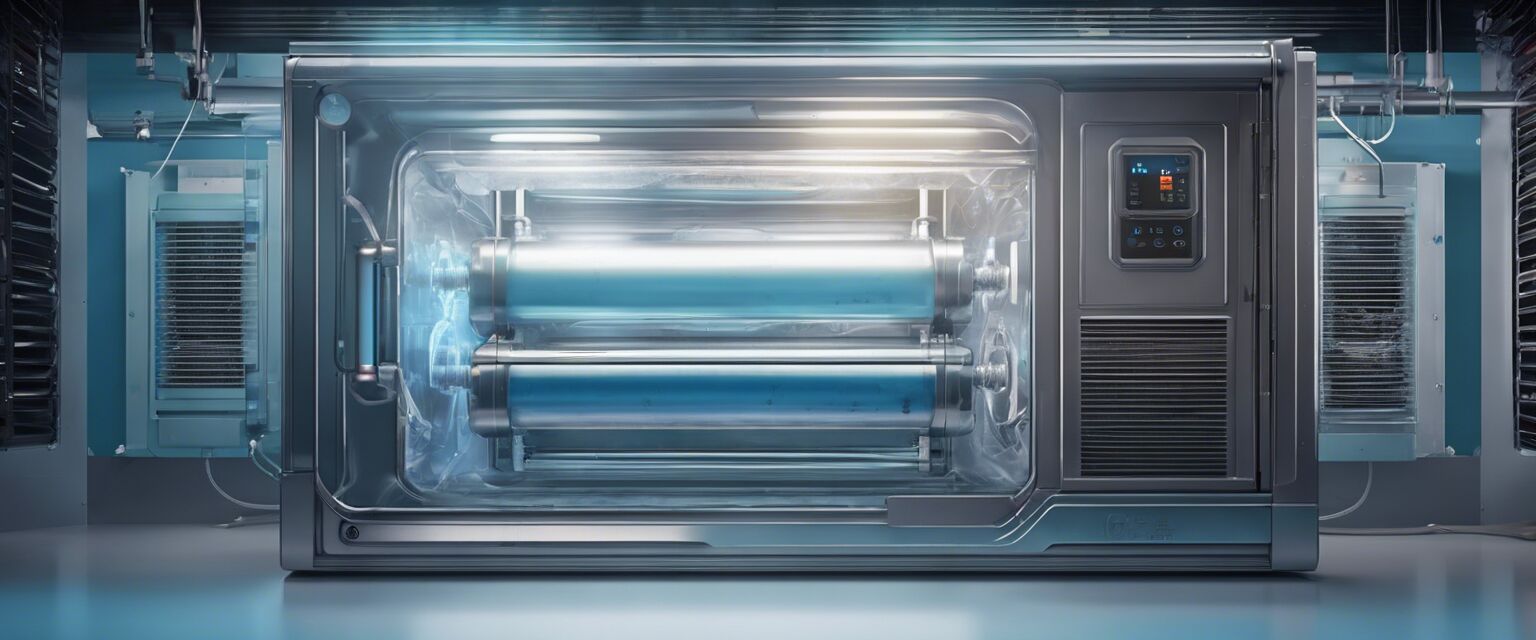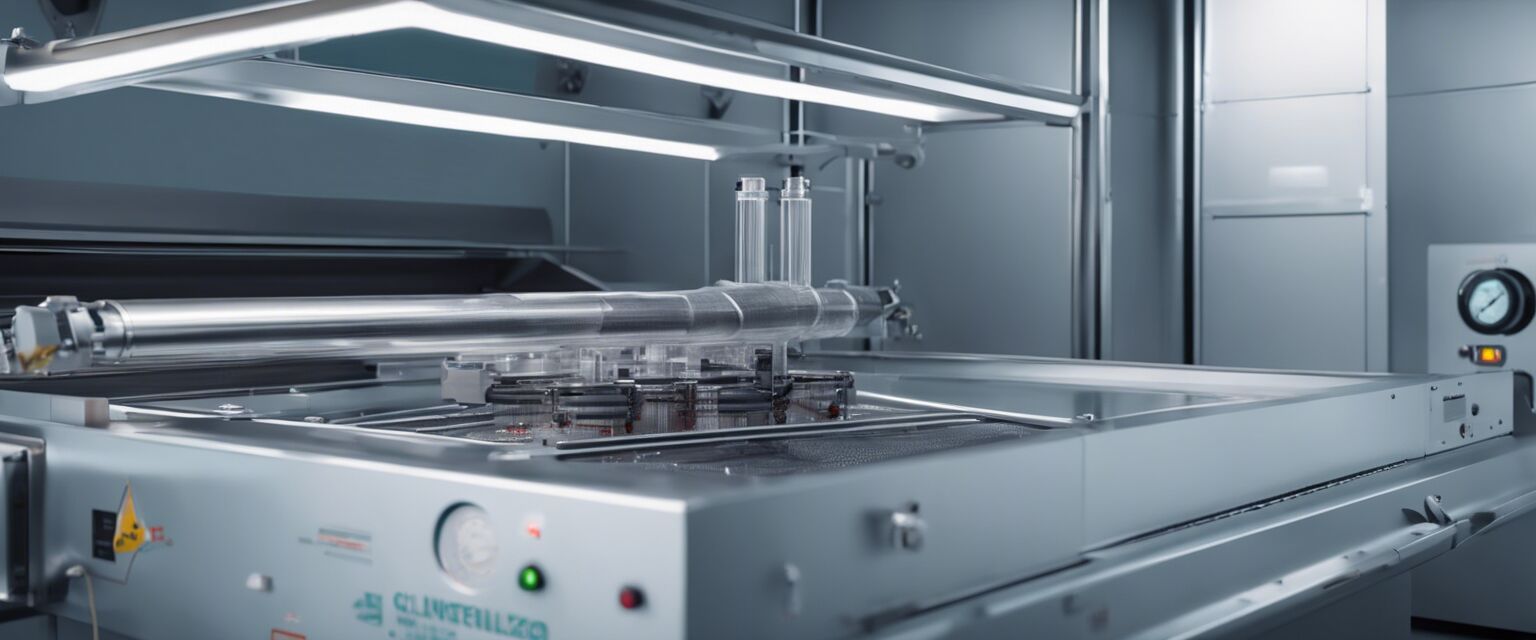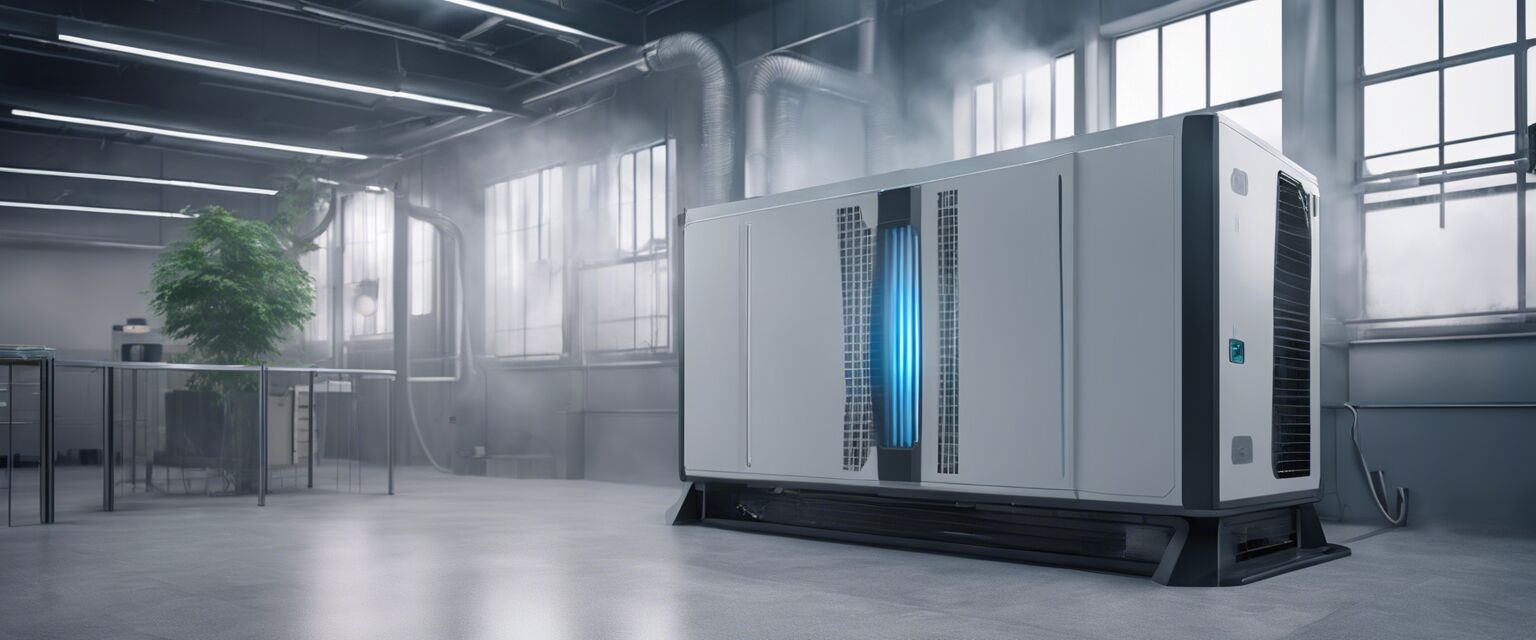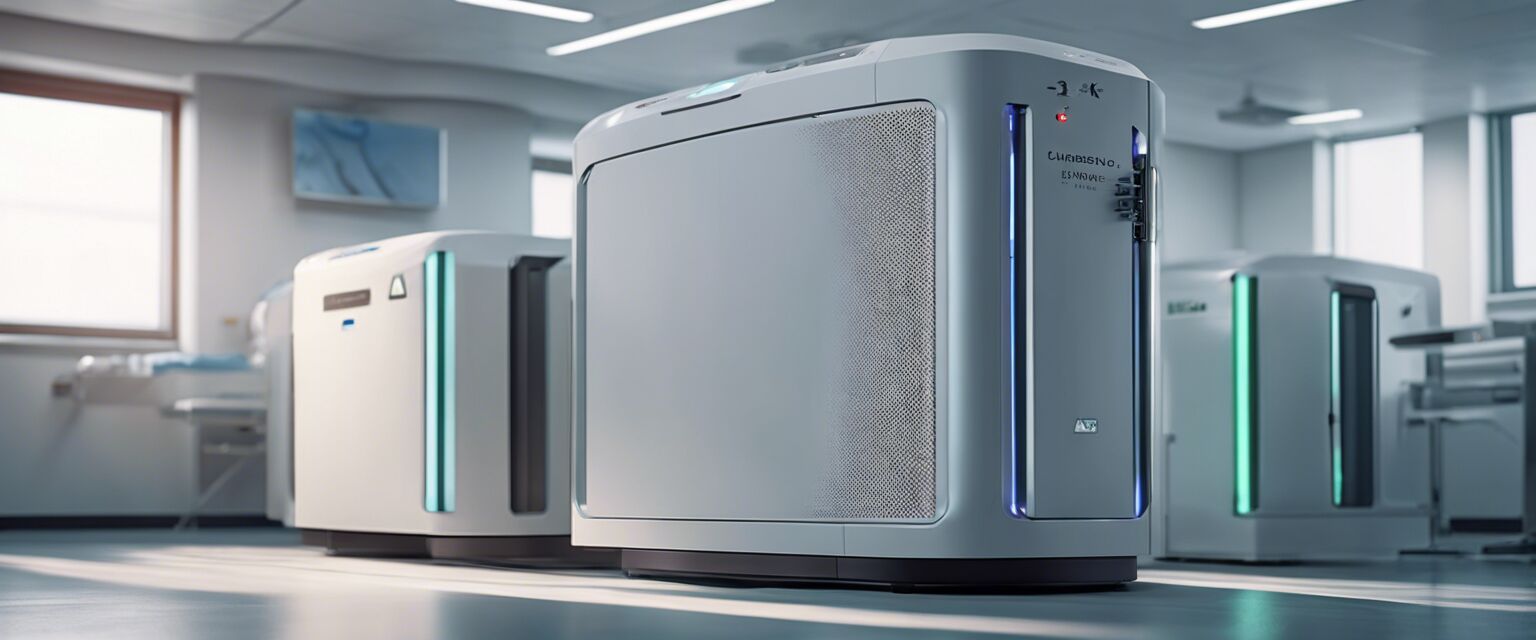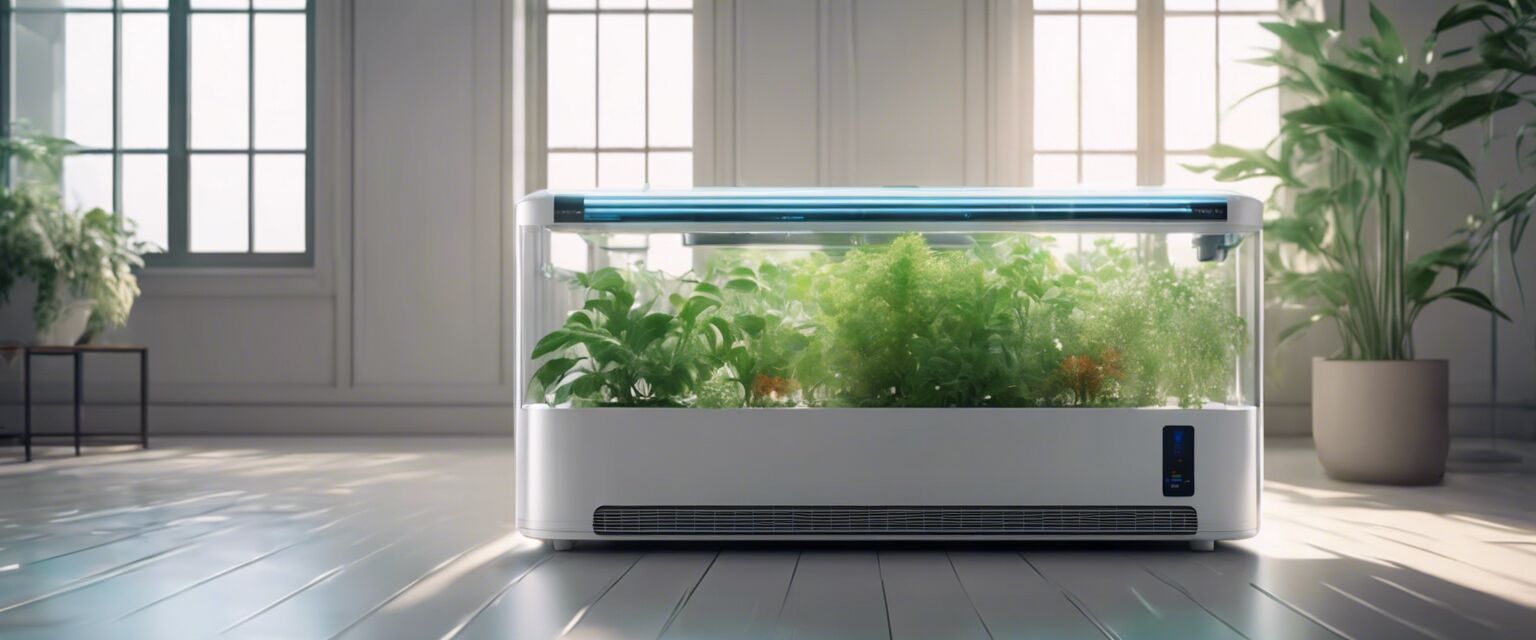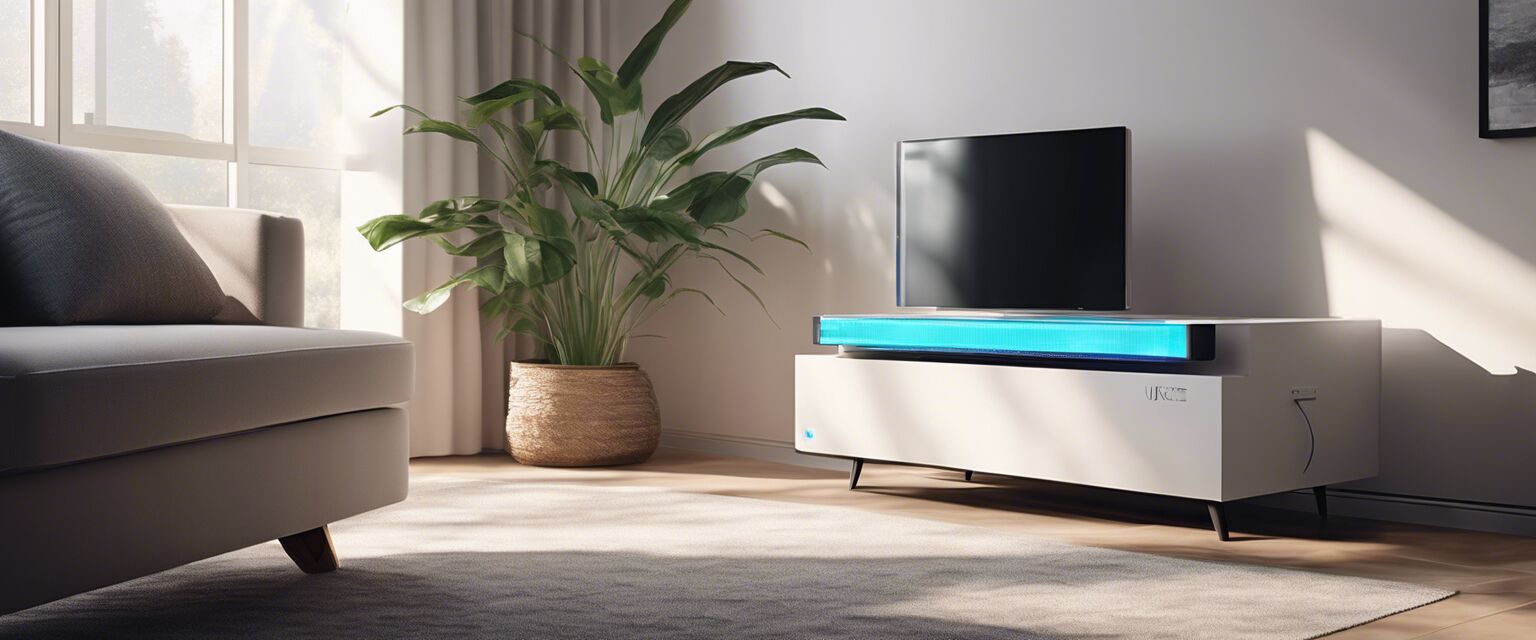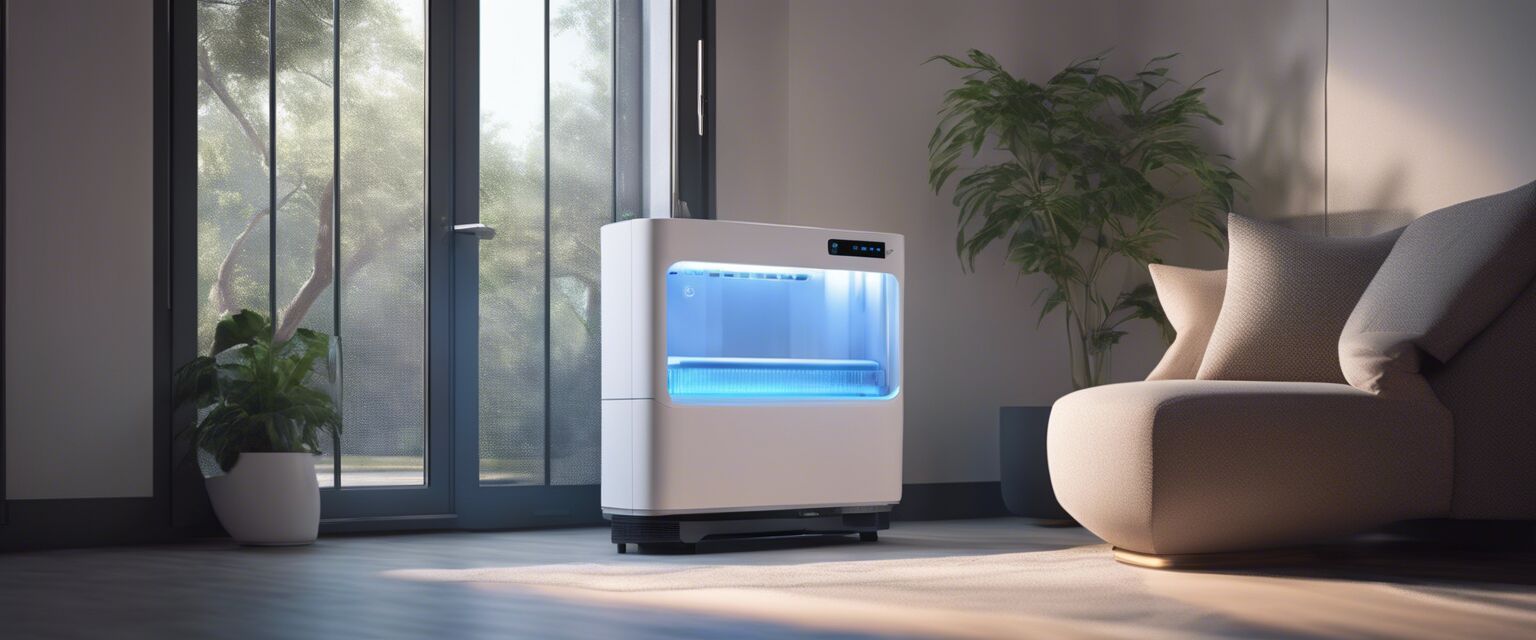
Safety of UV-C Air Sterilizers
- UV-C air sterilizers are effective in reducing airborne pathogens.
- Following safety guidelines is crucial to prevent exposure to UV-C light.
- Regular maintenance ensures optimal performance and safety.
- Different types of UV-C sterilizers are available for various settings.
UV-C air sterilizers have become increasingly popular in recent years, especially in the wake of global health concerns. These devices utilize ultraviolet light to kill harmful microorganisms in the air. While they offer significant benefits, understanding the safety guidelines and precautions for their use is essential to ensure that they are effective without posing risks to users.
What is UV-C light?
Ultraviolet (UV) light is a type of electromagnetic radiation that falls between visible light and X-rays on the spectrum. UV-C light, specifically, has a wavelength of 200 to 280 nanometers and is known for its germicidal properties. It can effectively destroy the DNA and RNA of bacteria, viruses, and other pathogens, making it a powerful tool for disinfection.
How do UV-C air sterilizers work?
UV-C air sterilizers work by emitting ultraviolet light that inactivates airborne pathogens. Hereâs a breakdown of how they function:
- UV-C Lamp: The core component, emitting UV-C light.
- Airflow System: Draws air into the device, exposing it to UV-C light.
- Filtration (optional): Some models include HEPA filters to capture larger particles.
Types of UV-C air sterilizers
There are various types of UV-C air sterilizers, each designed for specific environments:
| Type | Description | Best For |
|---|---|---|
| Car UV-C Sterilizers | Compact devices for sanitizing the air in vehicles. | Cars and trucks |
| Commercial UV-C Sterilizers | Heavy-duty units for larger spaces like offices and hospitals. | Commercial establishments |
| Home UV-C Air Purifiers | Devices designed for residential use to improve indoor air quality. | Homes |
| Portable UV-C Sterilizers | Lightweight, easy-to-move units for various settings. | Multiple environments |
| UV-C HVAC Sterilizers | Installed in HVAC systems to sanitize circulated air. | Buildings |
| UV-C Sterilizer Lamps | Standalone lamps that can be used in specific areas. | Targeted disinfection |
Safety guidelines for using UV-C air sterilizers
While UV-C air sterilizers are generally safe when used correctly, itâs important to follow specific guidelines to maximize safety:
- Avoid direct exposure: Never look directly at the UV-C light, as it can cause skin and eye damage.
- Use in unoccupied spaces: Operate the sterilizer in rooms without people or pets present.
- Follow manufacturer instructions: Always adhere to the specific guidelines provided by the manufacturer.
- Regular maintenance: Clean and replace the UV-C lamp as recommended to ensure effectiveness.
- Use protective equipment: If necessary, wear protective eyewear when maintaining the unit.
Pros and Cons of UV-C air sterilizers
Pros
- Effective at reducing airborne pathogens.
- No chemicals involved, environmentally friendly.
- Improves overall air quality.
- Variety of models to suit different needs.
Cons
- Can be harmful if used improperly.
- Requires regular maintenance and lamp replacement.
- Some devices can be noisy during operation.
- Initial cost can be high for commercial units.
Best practices for UV-C air sterilizer maintenance
To ensure your UV-C air sterilizer operates safely and effectively, follow these maintenance tips:
- Schedule regular inspections: Check the lamp and components periodically.
- Replace UV-C lamps: Change lamps as per the manufacturer's recommendations, usually every 12 months.
- Clean the unit: Dust and debris can block UV-C light; clean the device regularly.
- Monitor performance: Keep an eye on the air quality and unit performance indicators.
Conclusion
UV-C air sterilizers can be a valuable addition to your air quality management strategy, particularly in enclosed spaces. By understanding how they work and following safety guidelines, you can enjoy their benefits while minimizing any risks. Always remember to conduct thorough research and choose the right model for your needs.
Learn more about UV-C air sterilizers
For further information, explore our product categories:
- Car UV-C Sterilizers
- Commercial UV-C Sterilizers
- Home UV-C Air Purifiers
- Portable UV-C Sterilizers
- UV-C HVAC Sterilizers
- UV-C Sterilizer Lamps
